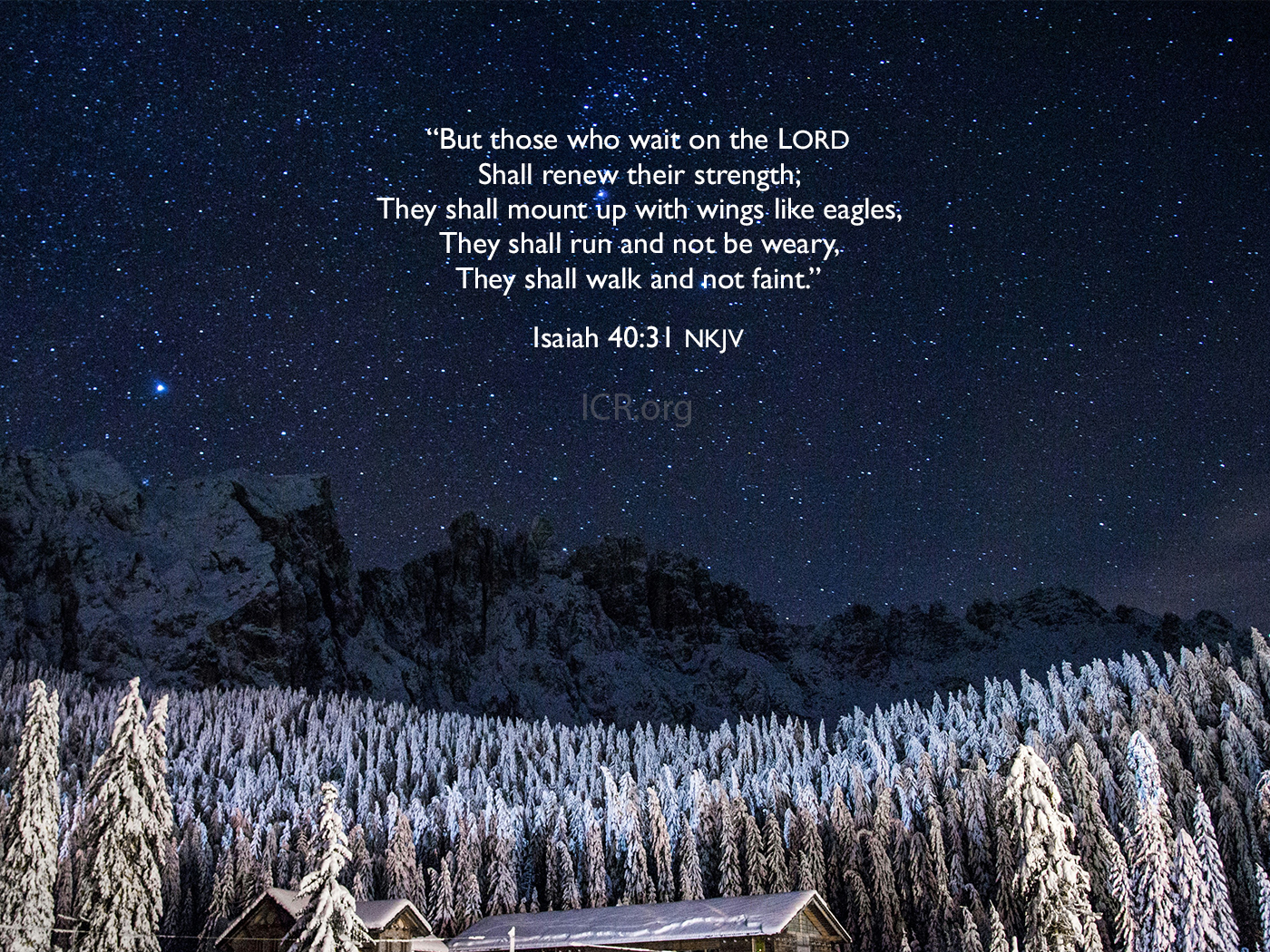A recent American Physical Society newsletter contained an excerpt from physicist Lawrence Krauss’ new book The Greatest Story Ever Told—So Far.1,2 In it, Krauss states that for most people there are two great questions: Why is there a universe at all? and Why are we here? He notes that his earlier book A Universe from Nothing (AUFN)3 addressed the first question and his latest book deals with the second.
But a careful reading shows that AUFN didn’t actually answer the question of why the universe exists. Rather, it’s a blustery Big Bang apologetic with some snide remarks about theologians and creationists thrown into the mix.4
The notion advanced in AUFN that the laws of physics alone could create our universe is sheer nonsense.5 The laws of physics are simply mathematical descriptions of how matter and energy behave. A description cannot do anything at all, let alone create a universe! And how can descriptions of matter and energy—which are only meaningful in a universe that already exists and that already contains matter and energy—create the very matter and energy whose behavior they describe?
Krauss claims there is no reason for our existence, that we are merely cosmic accidents. He is quick to suggest that those who believe the universe was created do so not because of overwhelming evidence for design in nature but because such a belief is comforting. Well, that argument can cut both ways. Perhaps Krauss rejects supernatural creation because it’s comforting for him to think that he will not have to one day give an account to his Creator.
If we are simply cosmic accidents as Krauss suggests, one wonders how our lives can have any meaning or purpose. In a rhetorical dodge, Krauss states that this question is fallacious, as it “suggests that without us the universe is worthless.”1 But the issue here is not the value of the universe per se, although it’s hard to see how even the universe itself could have any real value in Krauss’ worldview. The issue is our worth and value as humans. Do we have any value if we are just cosmic accidents?
According to Krauss himself, no: “We’re just a bit of pollution....We’re completely irrelevant.”6 And other secularists have discussed the meaninglessness of existence within an evolutionary worldview.7 Is it any wonder that after reading the writings of Krauss’ fellow atheist Richard Dawkins, some young people have committed suicide?8
Fortunately, there is an antidote for this philosophy of despair. The Lord Jesus Christ is both our Creator and Redeemer. By His death and resurrection, He has conquered death and is even now preparing an eternal, glorious kingdom for those who love Him (John 14:2; 2 Timothy 1:10). Truly, His gospel really is “the greatest story ever told”!
References
- Krauss, L. M. 2017. Cosmic Humility. APS News. 26 (4): 8.
- Krauss, L. M. 2017. The Greatest Story Ever Told—So Far: Why Are We Here? New York: Atria Books. The title is an obvious reference to the 1965 film The Greatest Story Ever Told about the life of Christ. Krauss is apparently suggesting that science can fulfill a role once occupied by religious belief.
- Krauss, L. M. 2012. A Universe from Nothing: Why There Is Something Rather than Nothing. New York: Free Press.
- Hebert, J. 2016. How Theology Informs Science. Acts & Facts. 45 (5): 14.
- Hebert, J. 2012. A Universe from Nothing? Acts & Facts. 41 (7): 11-13.
- Panek, R. Out There. New York Times Magazine. Posted on nytimes.com March 11, 2007, accessed April 20, 2017.
- Darwinism: Science or Naturalistic Philosophy? A debate between William B. Provine and Phillip E. Johnson at Stanford University, April 30, 1994. Transcript posted on arn.org, accessed April 20, 2017.
- ‘The God Delusion’ and evolutionary teaching linked to tragedies. 2011. In Focus—creation news and views. Creation. 33 (2): 7-11.
* Dr. Hebert is Research Associate at the Institute for Creation Research and earned his Ph.D. in physics from the University of Texas at Dallas.




















